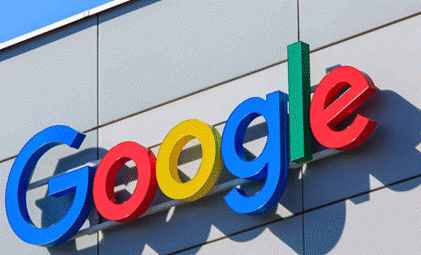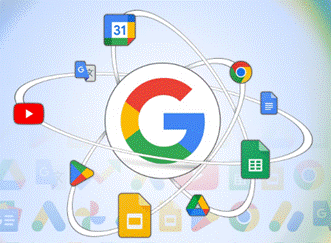For
users of Huawei phones, accessing Google apps has become a complex task. Since
the U.S. government placed Huawei on its Entity List in 2019, Google has been
barred from certifying new Huawei devices with Google Mobile Services (GMS).
That means popular apps like Gmail, Google Maps, and the Play Store aren't
available by default. However, many users still seek ways to regain access. In
this guide, we’ll explore huawei google service installer, how it works, and what alternatives you should
consider.
Understanding
Google Service Installers
Google
Service Installers are third-party tools or methods designed to bring GMS back
to Huawei devices that lack official support. These tools are often created by
independent developers and vary in their ease of use, reliability, and
security.
What Does a
Google Service Installer Do?
A
Google Service Installer essentially loads the Google Play framework, services,
and app store onto your Huawei device. This allows you to install and run
Google apps like YouTube, Google Drive, and Gmail. Some installers work through
APK packages, while others require PC-based installation programs or backup
restoration processes. These installers bypass the usual certification check,
which makes them unofficial and sometimes unstable. While they can bring a
familiar Android experience back to your Huawei phone, they come with risks and
limitations.

Are These
Tools Safe and Legal?
Legally,
using a Google Service Installer doesn’t violate any major regulations. Google
hasn’t taken legal action against individual users for installing its services
unofficially. That said, there are several important concerns:
l Security Risks: Most of
these tools come from unknown developers. Without access to their source code,
there’s no way to verify what else is bundled into the installation package.
Malware, spyware, or aggressive advertising components could be hidden within.
l Device Stability:
Installing GMS in an unsupported environment can lead to unexpected system
crashes, battery drain, or boot loops. Some users report losing access to
Huawei’s own apps or backup services after installation.
l Privacy Implications:
Logging into your Google account through an unverified tool could put your data
at risk. Your account credentials, location, contacts, and usage patterns might
be exposed if the installer behaves maliciously.
While
many users have installed Google services successfully, each case carries some
level of risk. You should only proceed if you fully understand the implications
and have a method for restoring your system if something goes wrong.
What Methods
Are Commonly Used?
Several
popular Google Service Installer methods have surfaced over the years. One
well-known technique involves the LZPlay tool, which initially allowed users to
install Google services through a backup restoration method. However, LZPlay
was shut down shortly after it gained traction, and similar methods that have
replaced it often don’t work on newer HarmonyOS devices.
Other
methods include:
l GSpace: A virtual space
app that runs Google apps within a sandboxed environment. It doesn’t install
GMS natively but allows you to use certain Google apps.
l OurPlay: A Chinese-based
app that also emulates Google Play within a contained system. It offers access
to the Play Store and some Google apps.
l Dual Space or Go Google
Installer: These provide similar virtual access, but with varying reliability
depending on your phone model and software version.
Each
of these methods has limitations. Notifications may not work properly, apps
might crash, or security warnings may appear during login. Success also depends
heavily on the specific Huawei model and OS version.

Conclusion
Using
a Google Service Installer on your Huawei device is possible, but it’s not
always advisable. These tools can offer partial access to Google apps, but they
carry risks such as data leaks, software bugs, and unsupported updates. If
you're comfortable with that, they can help restore some Google functionality. For
a smoother, safer experience, consider using Huawei’s AppGallery and Petal
suite, or switch to web versions of Google services. In many cases, modern
Huawei phones paired with smart alternatives can meet most users' needs without
the hassle of unofficial installers.
